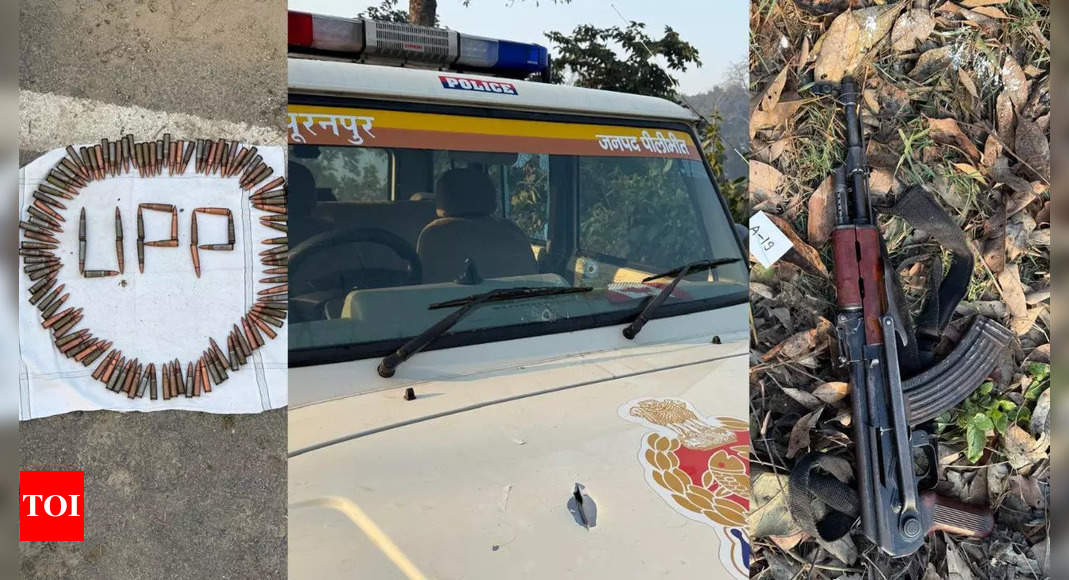Chennai: The State Human Rights Commission (SHRC) on Friday ordered 2 lakh compensation to the wife of a remand prisoner who died at Madurai Central Prison in 2009. SHRC member V Kannadasan ordered the compensation as the wife was made to run from pillar to post to take action against the prison authorities on the belief that her husband died of poisoning while in custody.
R Pavunthai believed so based on a wrong report issued by the doctors who performed the postmortem on her husband’s body, stating that he died of insecticide poisoning. During the course of the hearing of the complaint moved by Panuvathi, the commission found startling differences in the reports of the prison doctor, the RDO who conducted the inquiry, and the postmortem report.
“In various cases dealt with by the commission, it shows that there were mixes of postmortem reports, particularly in the Govt Rajaji Hospital, Madurai,” Kannadasan said. The high court also pointed out this aspect, noting that they are using a cut-and-paste method for preparing the postmortem reports. Hence, the court directed the video graphing of the postmortem, the commission pointed out. In the present case, it is important to note that initially, the doctors who conducted the postmortem very casually stated in the postmortem report that the identification marks of the deceased could not be made out due to burns, the commission pointed out. In this situation, the final opinion of the doctors as to the cause of the death of the deceased, that the deceased would appear to have died of organophosphorus insecticide poisoning with peritonitis, is not acceptable, Kannadasan said.
“Such carelessness and casual acts of medical officers create suspicion and undermine the confidence of the general public in them, damaging their reputation in society,” the commission said. However, the prison officials and warders, who were not at all involved in the death of the prisoner, were fixed as respondents artificially even after their retirement and 15 years after the occurrence. If the doctors acted upon their duty, this type of report would not appear, the commission said.
However, the death of the deceased was in the custody of the state, and the reason for his death is not ascertained based on the conflicting medical reports available in the records. Hence, this commission is of the opinion that the state shall pay the compensation in vicarious liability, it concluded.
R Pavunthai believed so based on a wrong report issued by the doctors who performed the postmortem on her husband’s body, stating that he died of insecticide poisoning. During the course of the hearing of the complaint moved by Panuvathi, the commission found startling differences in the reports of the prison doctor, the RDO who conducted the inquiry, and the postmortem report.
“In various cases dealt with by the commission, it shows that there were mixes of postmortem reports, particularly in the Govt Rajaji Hospital, Madurai,” Kannadasan said. The high court also pointed out this aspect, noting that they are using a cut-and-paste method for preparing the postmortem reports. Hence, the court directed the video graphing of the postmortem, the commission pointed out. In the present case, it is important to note that initially, the doctors who conducted the postmortem very casually stated in the postmortem report that the identification marks of the deceased could not be made out due to burns, the commission pointed out. In this situation, the final opinion of the doctors as to the cause of the death of the deceased, that the deceased would appear to have died of organophosphorus insecticide poisoning with peritonitis, is not acceptable, Kannadasan said.
“Such carelessness and casual acts of medical officers create suspicion and undermine the confidence of the general public in them, damaging their reputation in society,” the commission said. However, the prison officials and warders, who were not at all involved in the death of the prisoner, were fixed as respondents artificially even after their retirement and 15 years after the occurrence. If the doctors acted upon their duty, this type of report would not appear, the commission said.
However, the death of the deceased was in the custody of the state, and the reason for his death is not ascertained based on the conflicting medical reports available in the records. Hence, this commission is of the opinion that the state shall pay the compensation in vicarious liability, it concluded.




